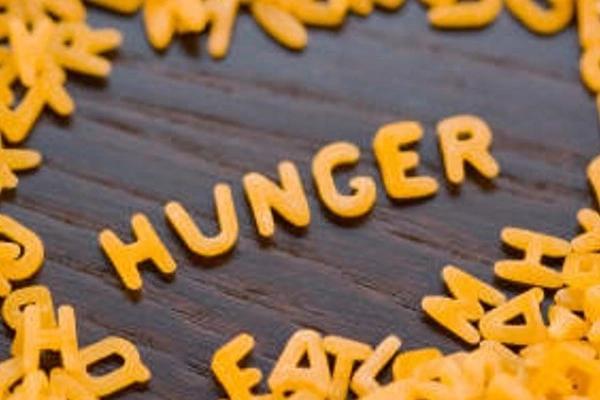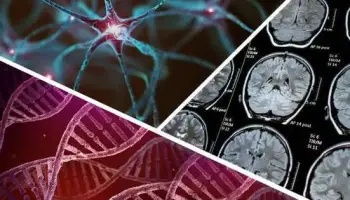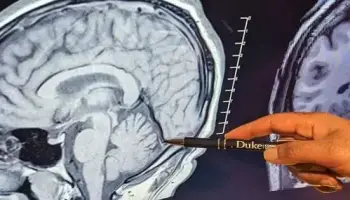Hunger hormones play an important role in regulating various physiological and behavioral aspects of the body, including decision-making processes. Ghrelin is a key hormone in this regulation. According to a new study by UCL (University College London) researchers, a hunger hormone produced in the gut can directly impact a decision-making part of the brain in order to drive an animal’s behavior.
The study in mice, published in Neuron, is the first to show how hunger hormones can directly influence activity in the brain’s hippocampus when an animal is thinking about food.
“We all know our decisions can be deeply influenced by our hunger, as food has a different meaning depending on whether we are hungry or full,” said lead author Dr Andrew MacAskill (UCL Neuroscience, Physiology & Pharmacology). Consider how much you might spend if you went grocery shopping on an empty stomach. However, what appears to be a simple concept is actually quite complicated; it necessitates the ability to use what is known as “contextual learning.”
“We found that a part of the brain that is crucial for decision-making is surprisingly sensitive to the levels of hunger hormones produced in our gut, which we believe is helping our brains to contextualise our eating choices.”
We all know our decisions can be deeply influenced by our hunger, as food has a different meaning depending on whether we are hungry or full. Consider how much you might spend if you went grocery shopping on an empty stomach.
Dr Andrew MacAskill
The researchers placed mice in an arena with food and observed how the mice behaved when hungry or full, while imaging their brains in real time to investigate neural activity. All of the mice investigated the food, but only the hungry ones began eating.
The researchers were interested in brain activity in the ventral hippocampus (the underside of the hippocampus), a decision-making part of the brain that is thought to aid in memory formation and memory use to guide behavior.
The scientists found that activity in a subset of brain cells in the ventral hippocampus increased when animals approached food, and this activity inhibited the animal from eating. But if the mouse was hungry, there was less neural activity in this area, so the hippocampus no longer stopped the animal from eating. The researchers found this corresponded to high levels of the hunger hormone ghrelin circulating in the blood.

Adding further clarity, the UCL researchers were able to experimentally make mice behave as if they were full, by activating these ventral hippocampal neurons, leading animals to stop eating even if they were hungry. The scientists achieved this result again by removing the receptors for the hunger hormone ghrelin from these neurons.
Prior studies have shown that the hippocampus of animals, including non-human primates, has receptors for ghrelin, but there was scant evidence for how these receptors work. This finding has demonstrated how ghrelin receptors in the brain are put to use, showing the hunger hormone can cross the blood-brain barrier (which strictly restricts many substances in the blood from reaching the brain) and directly impact the brain to drive activity, controlling a circuit in the brain that is likely to be the same or similar in humans.
Dr. MacAskill went on to explain: “It appears that the hippocampus puts the brakes on an animal’s instinct to eat when it encounters food, to ensure that the animal does not overeat — but if the animal is indeed hungry, hormones will direct the brain to switch off the brakes, so the animal goes ahead and begins eating.”
The scientists are expanding their research to see if hunger affects learning or memory by having mice perform non-food-specific tasks differently depending on how hungry they are. They believe that more research will shed light on whether similar mechanisms exist for stress or thirst.
The researchers hope that their findings will help further research into the mechanisms of eating disorders, specifically whether ghrelin receptors in the hippocampus are involved, as well as other links between diet and other health outcomes such as the risk of mental illnesses.
“Being able to make decisions based on how hungry we are is very important,” said first author Dr Ryan Wee (UCL Neuroscience, Physiology, and Pharmacology). If done incorrectly, this can result in serious health problems. We hope that by better understanding how this works in the brain, we will be able to help prevent and treat eating disorders.”





